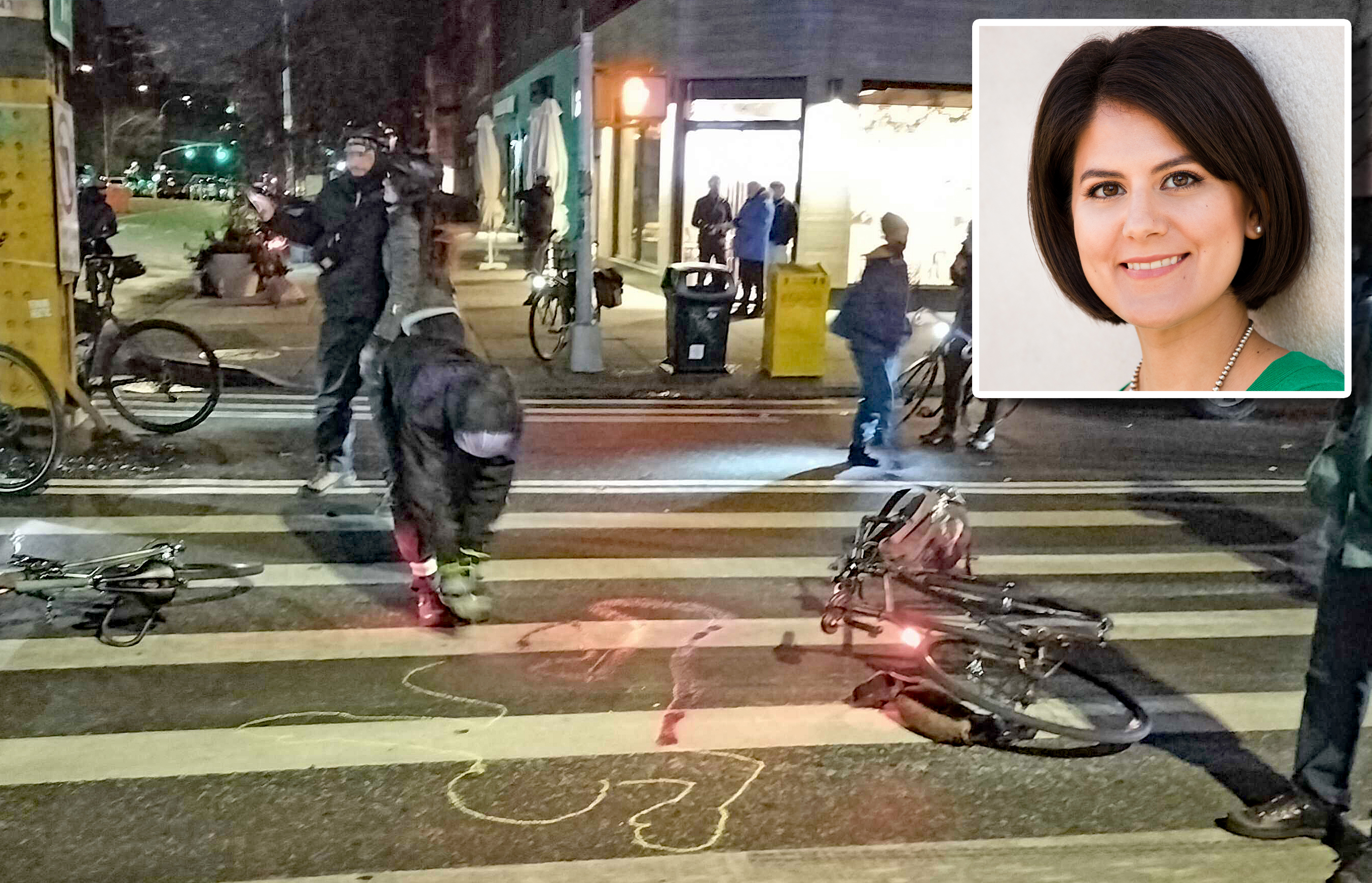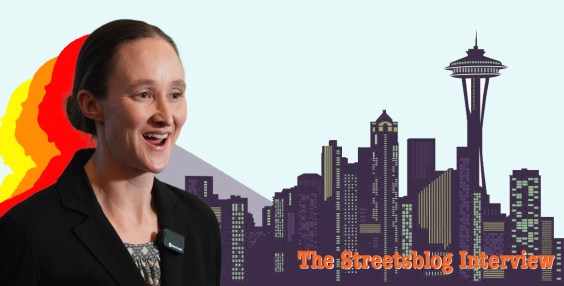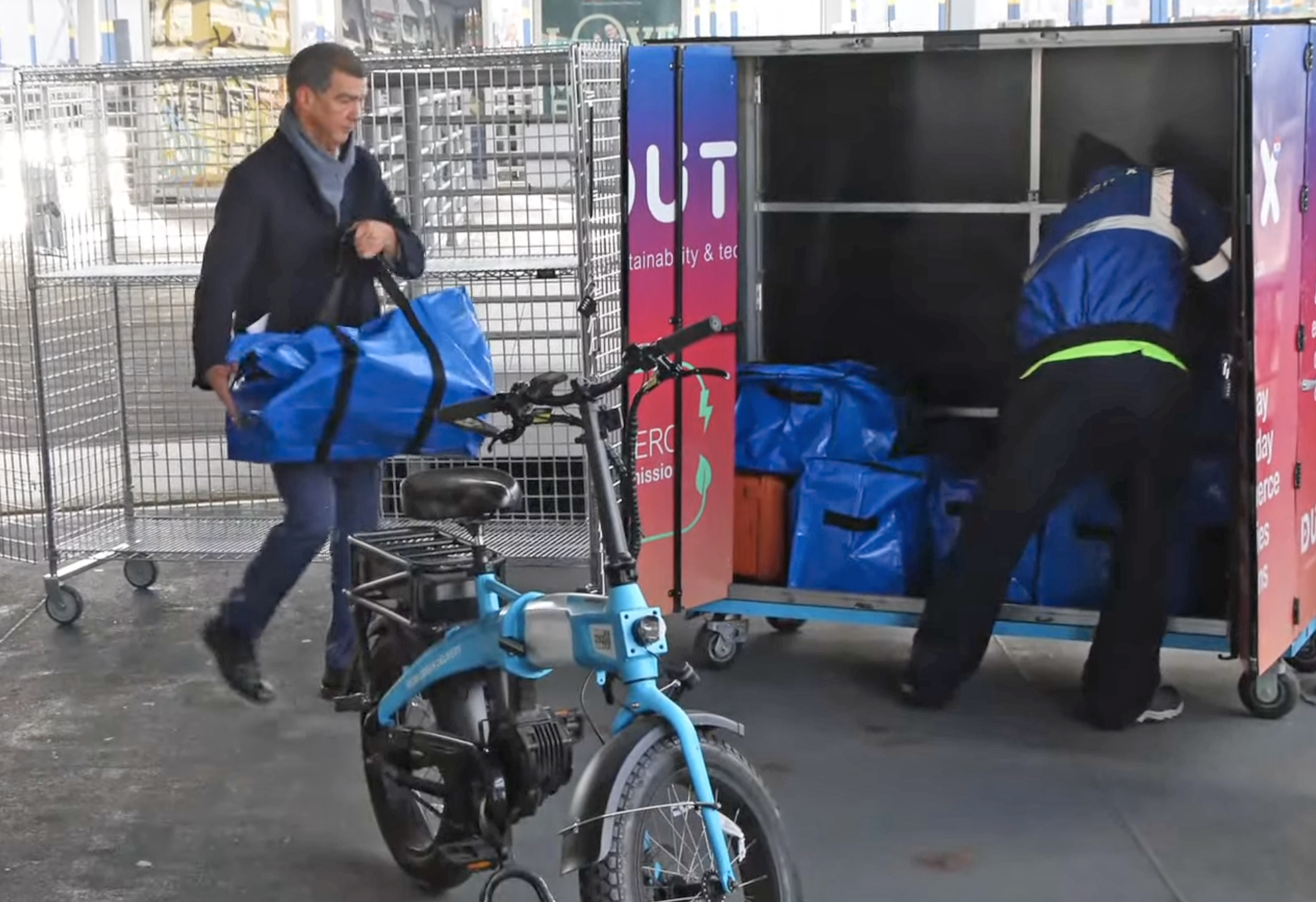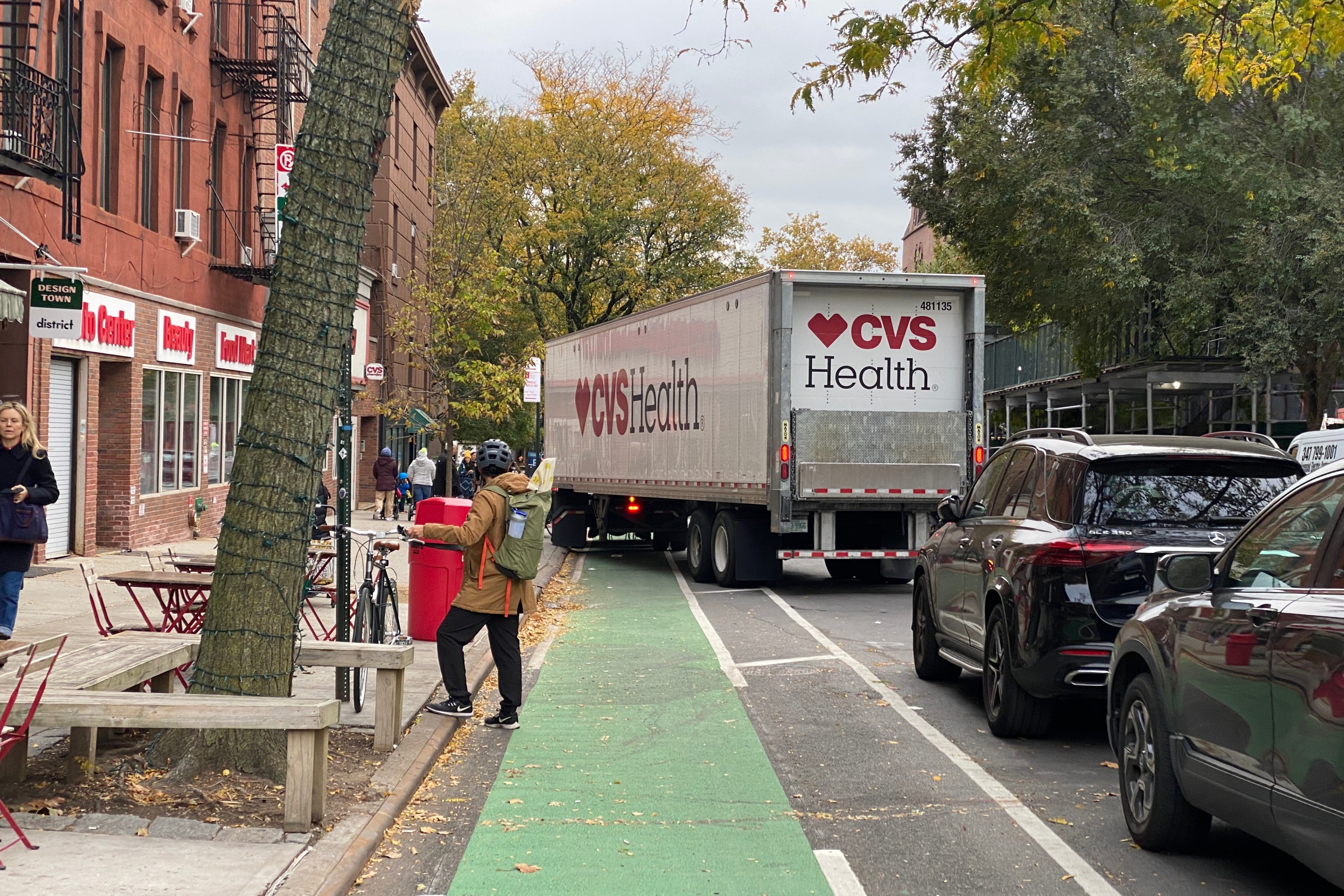It's been 20 months since the state legislature passed an MTA funding package with a conspicuous missing piece. In early 2009, the transit agency was reeling from the recession, and straphangers were about to get walloped by deep service cuts and a 23 percent fare hike. Albany responded by enacting just a partial fix: a regional payroll tax and a smattering of new fees on taxis and car rentals. Tolls on the East and Harlem River bridges were supposed to be part of the deal -- getting car commuters who benefit from the congestion-busting effect of transit to contribute their fair share. But the State Senate insisted on preserving the free ride for motorists.
At the time, it was no secret that the package was insufficient, leaving the MTA capital program largely unfunded. The news quickly got worse. Revenue from the payroll tax, which was supposed to raise about $1.5 billion per year, kept coming up short. Throw in state raids of dedicated MTA funds, and Albany's neglect of transit has hit straphangers with the deepest service cuts in a generation and the third consecutive year of fare hikes.
Tom Namako reports in the Post today that the payroll tax shortfall is not a temporary glitch, as State Senators claimed when the problem first cropped up. In fact, every piece of the 2009 funding packing is not meeting projections, and it's starting to look like a fact of life:
And the latest jostle for commuters is that the wide-ranging "bailout" package of fees and taxes approved in 2009 is coming in about $400 million short of projections that were established earlier this year, statistics show.
The controversial business tax -- which hits all business owners in the MTA region with a 34-cent levy for every $100 of payroll -- appears to be $321 million under expectations, MTA data show.
Overall, it will bring in about $1.34 billion instead of the $1.66 billion that bean counters projected.
And the "MTA aid" levies -- like a 50-cent surcharge on every yellow-cab ride along with car-rental, garage-parking and license fees -- are under projections by $60 million, the numbers show.
Road pricing was the missing piece in 2009, and it's the missing piece today, MTA board member Andrew Albert told the Post:
"The riders have done their part with service cuts and fare hikes, but motorists aren't doing their part," fumed Andrew Albert, an MTA board member.
He added that the bailout bill "is not a good package" and that city's free bridges should be tolled to help finance mass transit.
The state legislature is not thinking about completing the transit funding picture, however. They're talking about weakening transit funding that's already in place. As soon as they gained the majority in the State Senate, Dean Skelos's Republicans immediately made noise about repealing the underperforming payroll tax.
With Albany set to wrestle with a budget gap greater than $9 billion next year, the payroll tax could be an irresistible bargaining chit -- the temptation will be strong to give up the payroll tax revenues in suburban counties as part of a larger deal to win the votes of those legislators.
Andrew Cuomo and NYC legislators can't let that happen. The MTA still has a $9 billion hole in its capital program, and the slightest tremor in its operating budget could set off another round of service cuts or fare hikes. The payroll tax, while not meeting projections, is now a bulwark against utter disaster for straphangers. Trading away any part of it would be a betrayal of New York City transit riders.





